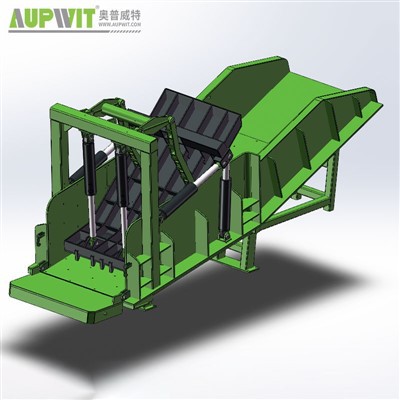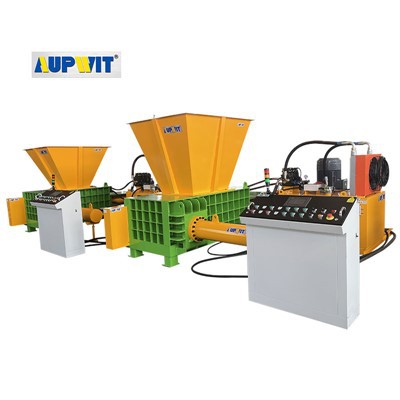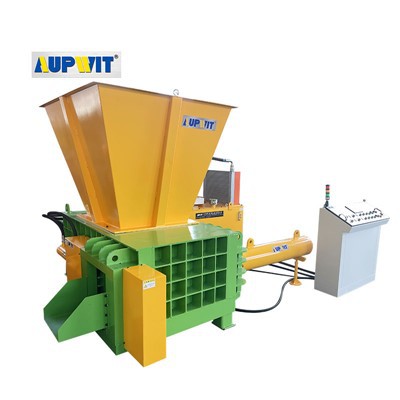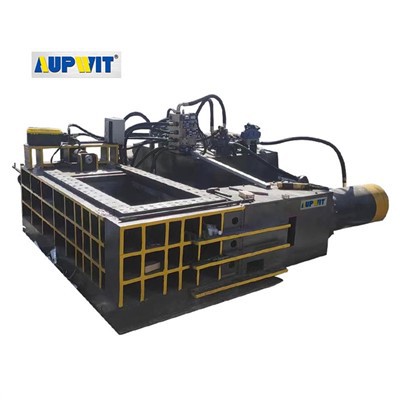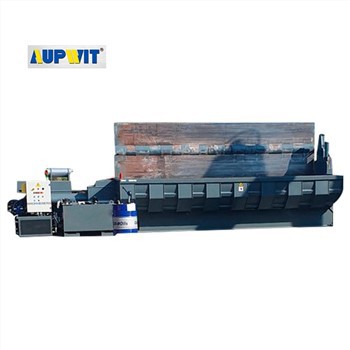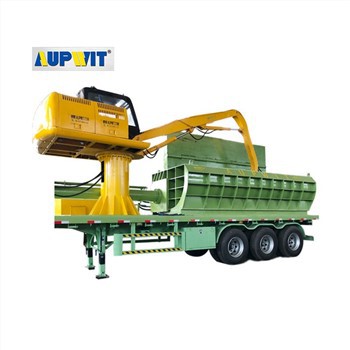Proper cleaning procedures are essential for maintaining equipment performance, longevity, and safety. Follow these steps carefully to ensure effective and safe cleaning.
Preparatory Work
Stop the machine and clear any materials and tools around the area to be cleaned to prevent interference with the cleaning process.
Key Steps
- Prepare specialized cleaning tools (long-handled brush, compressed air gun, soft cloth)
- Wear protective gear (non-slip gloves, goggles, dust mask)
- Clear the area around the machine
- Ensure adequate lighting for the cleaning process
Power Off & Safety
Turn off the machine's main power switch and display a "Cleaning in Progress, Do Not Close" warning sign near the switch to prevent accidental operation.
Key Steps
- Turn off main power switch
- Place warning signs to prevent accidental operation
- Open safety guards and access doors
- Inspect interior for large pieces of material or foreign objects
Cleaning Debris
Use a long-handled brush to gently clean the gap between the blades, shred the inner walls of the chamber, and shred material debris in the feed channel.
Key Steps
- Clean gaps between blades gently to avoid damage
- Use compressed air gun for hard-to-reach areas
- For damp debris, wipe with soft cloth and neutral detergent
- Dry thoroughly to prevent rusting
Key Components
Focus on cleaning key components such as the blade surface, bearing seal cover, and hydraulic push rod.
Key Steps
- Wipe oil and debris from blade surfaces
- Inspect bearing seals for dust infiltration
- Replace damaged seals immediately
- Lightly lubricate bearing outer ring with clean lubricant
Final Inspection
After cleaning, close the equipment access door and safety cover, and remove the warning sign on the power switch.
Key Steps
- Close all access doors and safety covers
- Remove warning signs
- Conduct no-load test run
- Record cleaning time and equipment status


